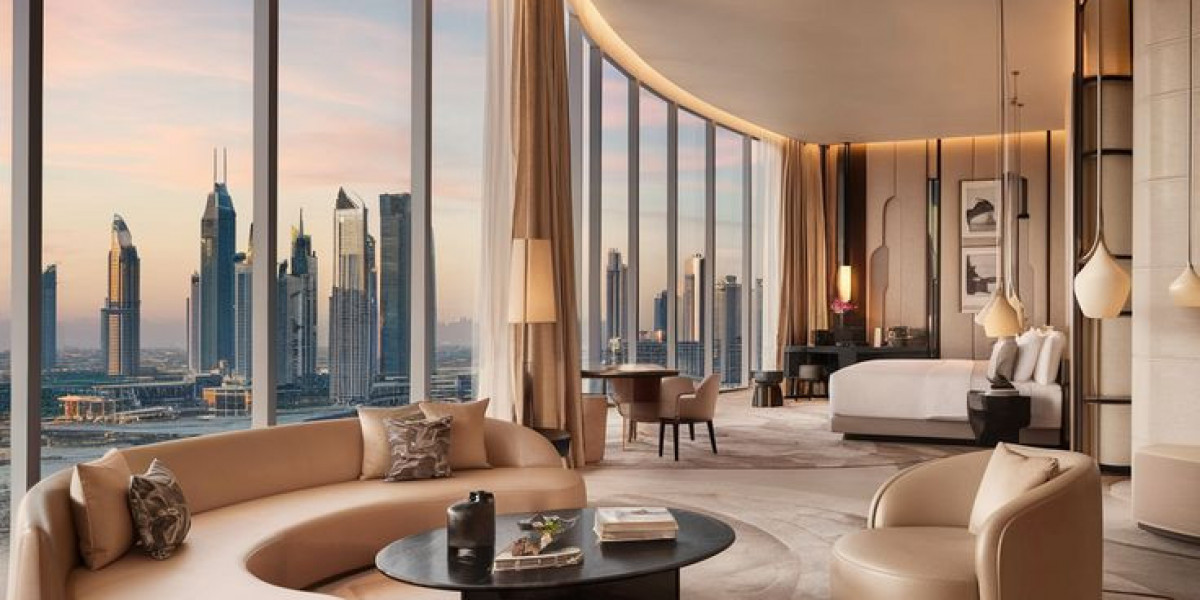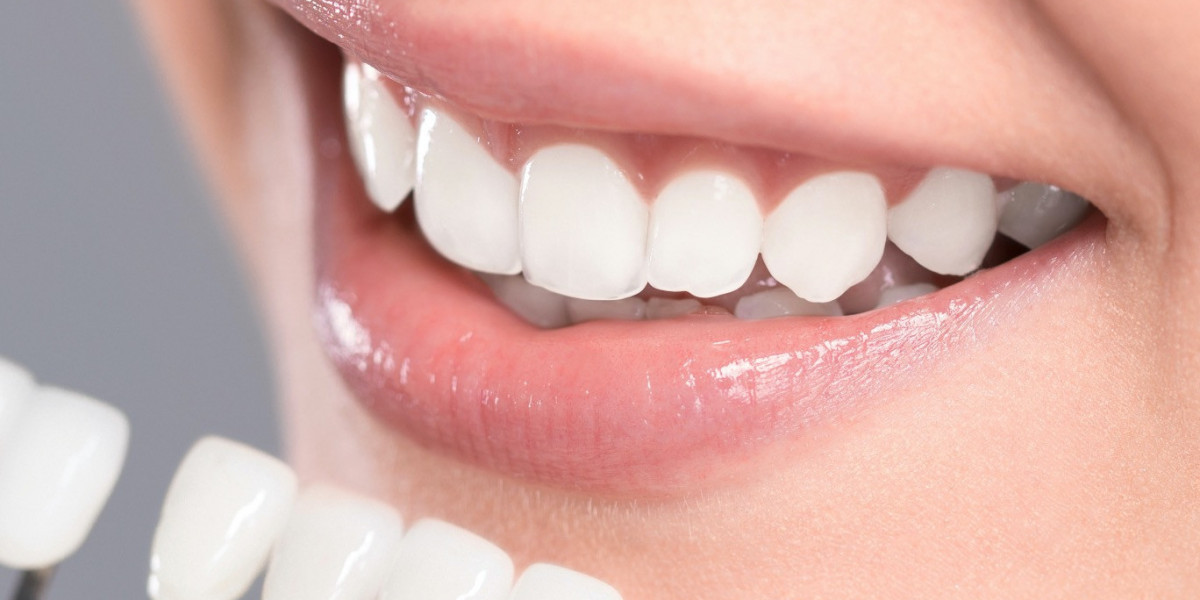Dubai has always been a city that sets the bar high when it comes to architecture and hospitality. Known for luxury, creativity, and cultural richness, Dubai hotels constantly reinvent their interiors to provide unforgettable guest experiences. As we step into 2026, the hotel interior design Dubai scene is more innovative, sustainable, and personalized than ever before. From technology-driven comfort to eco-friendly choices, hotels in Dubai are blending global influences with local identity to stay ahead in the competitive hospitality industry.
Smart Technology Integration
One of the biggest transformations in hotel interior design is the seamless use of technology. In 2026, hotels in Dubai are embracing smart automation in every corner. Guests can now control lighting, room temperature, curtains, and entertainment systems with voice commands or mobile apps. Smart mirrors provide personalized greetings, weather updates, and even skincare tips. Some hotels have also introduced AI-powered concierge services that recommend dining spots, tourist activities, or even fitness routines based on guest preferences. These features not only improve convenience but also align with Dubai’s vision of becoming one of the world’s smartest cities. The future of hospitality is about creating spaces where comfort meets technology.
Sustainable and Eco-Friendly Designs
Sustainability is no longer an option—it is a necessity. Hotels in Dubai are adopting eco-friendly interior choices to appeal to environmentally conscious travelers. Bamboo flooring, recycled wood, and organic fabrics are replacing traditional materials. Energy-efficient lighting, water-saving bathroom fixtures, and indoor greenery are becoming standard. Dubai has already made major commitments toward green building practices, and hotels are contributing by designing interiors that minimize carbon footprints. Travelers appreciate when their stay supports environmental goals, making this trend both responsible and profitable.
Local Art and Cultural Expression
Dubai is a melting pot of cultures, but hotels are making a conscious effort to highlight Emirati heritage through interior design. Intricate Arabic patterns, mashrabiya screens, and calligraphy-inspired wall décor are integrated with modern furniture to create a blend of tradition and innovation. Some boutique hotels are commissioning local artists to create murals and sculptures that reflect Dubai’s history and identity. This not only supports local talent but also gives guests a deeper cultural connection during their stay—making cultural storytelling a key element in Hotel Interior Design Dubai strategies.
Wellness-Focused Spaces
Wellness is one of the fastest-growing aspects of hospitality. By 2026, Dubai hotels are going beyond fitness centers and spas. Rooms now feature air-purifying systems, circadian lighting that adjusts with natural rhythms, and in-room yoga mats or meditation pods. Hotels are also designing wellness-oriented public areas. Lobbies have relaxing lounges with soft natural lighting, while rooftop gardens and infinity pools are designed to promote relaxation and stress relief. Guests today expect hotels to care not only for their comfort but also their overall wellbeing.
Flexible Multi-Use Spaces
The rise of remote work and digital nomad culture has influenced hotel interior design. Many Dubai hotels now include co-working lounges with ergonomic furniture, high-speed internet, and private meeting pods. Restaurants and lobbies are designed to function as both social hubs and quiet workspaces. This flexibility allows hotels to cater to both leisure and business travelers. The ability to shift from a workspace during the day to a social lounge at night adds value to the guest experience.
Luxury Through Minimalism
While Dubai is often associated with grandeur, modern hotel interiors are shifting toward luxury minimalism. Clean lines, uncluttered spaces, and neutral color palettes create a calm environment. Rather than filling rooms with excessive décor, hotels are focusing on quality materials like marble, glass, and metal accents. This approach appeals to modern travelers who seek sophistication without overwhelming details. Minimalism, combined with Dubai’s natural luxury, offers a fresh take on elegance.
Immersive Experiences Through Lighting
Lighting design is now recognized as a powerful tool in shaping guest experiences. In 2026, hotels in Dubai will use dynamic lighting systems to set moods. For example, warm tones in restaurants create intimacy, while cool lighting in work areas enhances focus. Some hotels use projection lighting to create immersive environments that mimic desert nights, ocean waves, or starry skies. Such creative use of lighting goes beyond utility; it becomes part of storytelling and atmosphere creation.
Personalized Guest Experiences
Personalization is the heart of future hotel design. Hotels in Dubai are increasingly using data to customize interiors for returning guests. For instance, a guest who prefers soft lighting and specific music genres might find their room set up accordingly upon arrival. Color themes, minibar selections, and even artwork can be tailored to personal tastes. This level of customization makes each stay unique and strengthens guest loyalty.
Bold Use of Natural Elements
Bringing nature indoors is another trend gaining momentum. Hotels are using stone walls, indoor waterfalls, vertical gardens, and natural wood accents to create a sense of balance and calm. These elements not only add aesthetic appeal but also promote mental relaxation, aligning with wellness trends. Dubai’s luxury resorts in particular are embracing biophilic design—creating interiors that connect people with nature in subtle yet impactful ways.
Conclusion
As Dubai continues to attract millions of visitors from across the globe, hotel interior design is evolving to meet new expectations. The trends shaping 2026 focus on innovation, sustainability, personalization, and wellness. From smart technology to cultural storytelling, hotels in Dubai are proving that design is not just about looks—it is about creating meaningful experiences.













